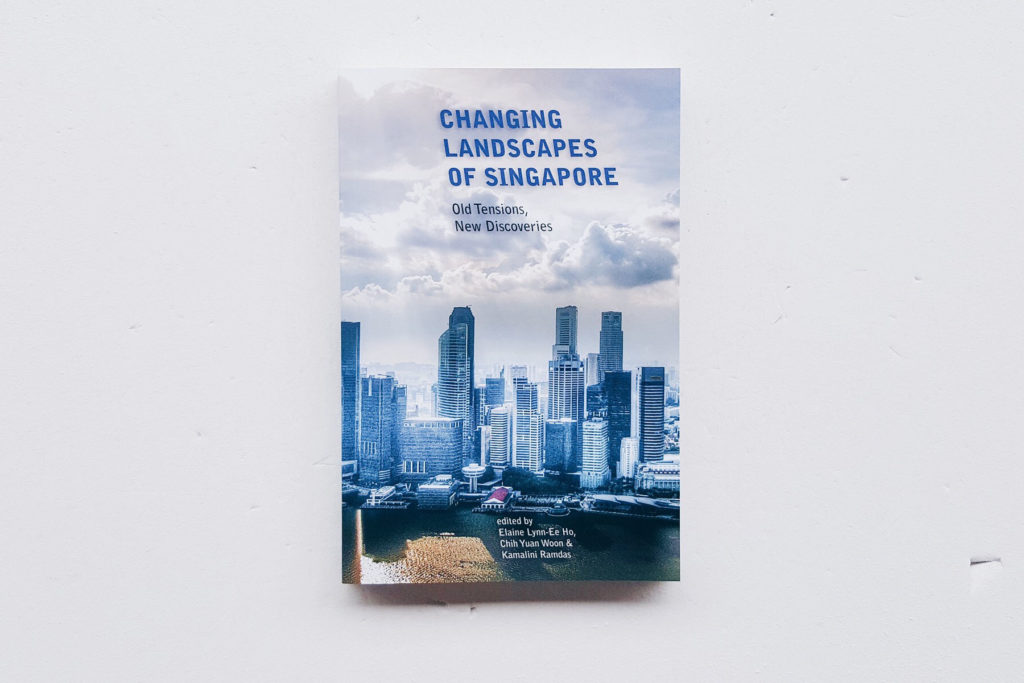GEK2001/SSA2202/GES1003 Module Review – Changing Landscapes of Singapore
I took this module in 2016/17 Semester 2, my last semester in NUS to clear the Singapore Studies (SS) requirement. Without much need to score well, I took it as a mere enrichment class. The main reason that I chose this SS instead of others is that I was interested in geography and I had a good background knowledge (H2 Geography). And indeed I broadened my knowledge on landscapes as a geographical concept and landscapes in Singapore.
Module Content
The content of this module came as a surprise to me even though I did have prior knowledge in geography. The interpretation of the term “landscape” is way broader than I thought. It encompasses the visible landscapes (buildings and natural landscapes), as well as invisible landscapes that manifests themselves in different forms (geopolitical landscapes, elderly landscape, economic landscape and heritage landscape). You will not be learning about rocks and mountains. It is more on the human side of geography rather than the physical side.
Some key concepts keep popping out from time to time across various topics, like power dynamics, tension between the dominant social groups, the minority groups and the marginalized groups, and the good old friend globalization. These concepts are key to understanding the different landscapes in Singapore.
There are no super technical concepts, and the examples in Singapore are all quite relatable. If you have been following current affairs in Singapore, you should already know more than enough case studies for this module.
There is a textbook for this module, which I would highly recommend getting. It contains all the relevant cases studies in the form of long essays for each topic, which are extremely useful for exam preparations.
Assessments and Exam
The module only has one exam, the final exam, closed-book and consists of entirely essay questions. For this semester, it’s one compulsory question and two other questions that you can choose from 5 choices. It is basically the same format as A Level humanities subjects, so you get to focus on a few topics to study for the exam.
Apart from the final exam, there are tutorials which are basically seminars with casual discussions. Tutorial participation is graded, but not everyone is required or get a chance to talk since it is group-based. So I am not sure how students are graded exactly, maybe it is just attendance.
There is an individual self-guided field trip for this module. You get to explore one of the two heritage sites of your choice, either Little India or Joo Chiat Katong. It was a fun and enriching experience for me. You need to submit a field trip report but it is not much work since the word limit is only 1000 words.
An FASS module would not be complete without a group project, this module is no exception. It is basically an open-ended report on a topic of your choice from 3 options. You are not supposed to conduct primary research for this project. So you just need to compile resources from everywhere and write an long essay of 3000 words.
Tips and Advice
- Lectures do not add much value beyond what the textbook can offer, and you have webcasts. So you can skip them if you don’t have time. There were always some interesting short clips to watch during the lectures though.
- If you want to take this module and score well, background on geography and current affairs in Singapore would be very helpful. Basic knowledge of concepts like globalization and migration would help you understand the contents of this module a lot better.
- If you are just planning to SU this module, then it is a fun module to take without feeling too stressed about difficult concepts.

